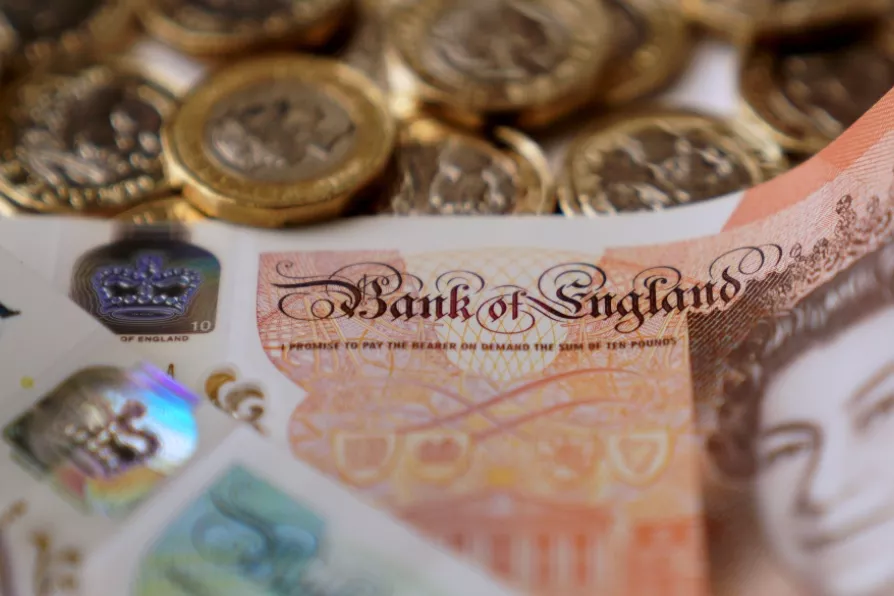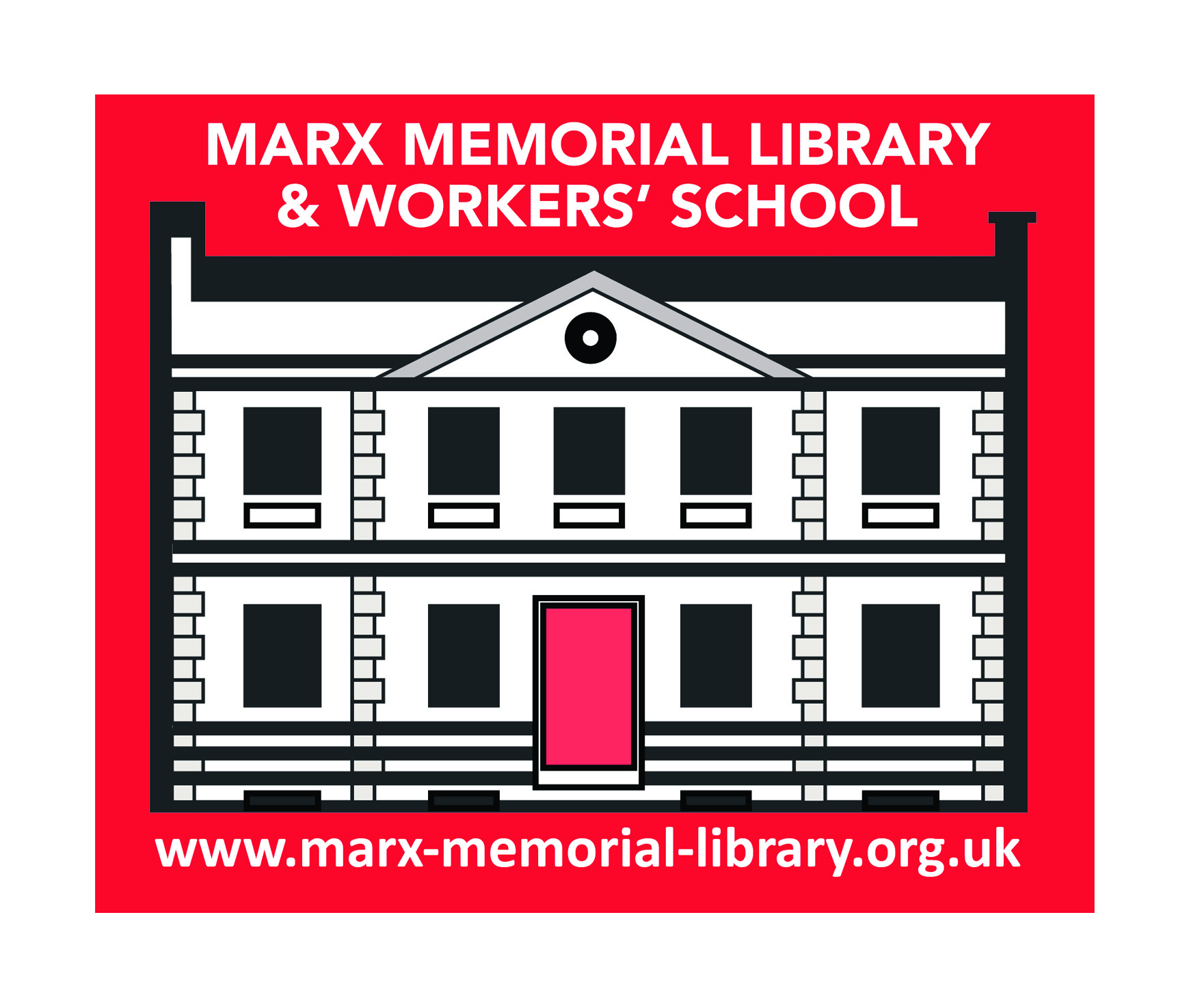Now at 115,000 members and in some polls level with Labour in terms of public support, CHRIS JARVIS looks at the factors behind the rapid rise of the Greens, internal and external


“It is well enough that people of the nation do not understand our banking and monetary system, for if they did, I believe there would be a revolution before tomorrow morning.” (attributed to Henry Ford)
OUR last answer explored the way that money is central to the circulation of commodities under capitalism. It argued that money is more than simply a token of value, a facilitator of exchange: it is itself a commodity, with (as Marx declared) the remarkable property of being able to make more of itself.
Debt, in particular, has become a commodity, bought and sold between large financial institutions. Credit is the basis of what Marx called “fictitious capital” — value in the form of paper money, shares, stocks, securities, and debt, all today existing primarily in digital form and all above and beyond what can be realised in the form of commodities or physical, productive capital.

From hunting rare pamphlets at book sales to online panels and courses on trade unionism and class politics, the MML continues connecting archive treasures with the movements fighting for a better world, writes director MEIRIAN JUMP














